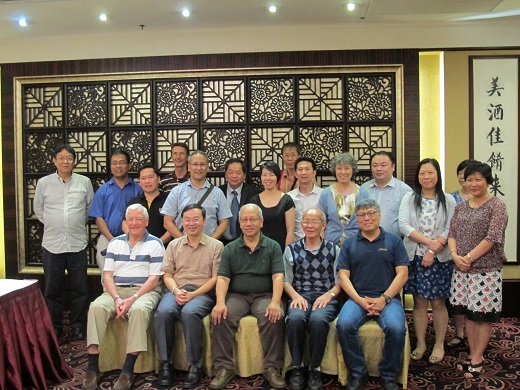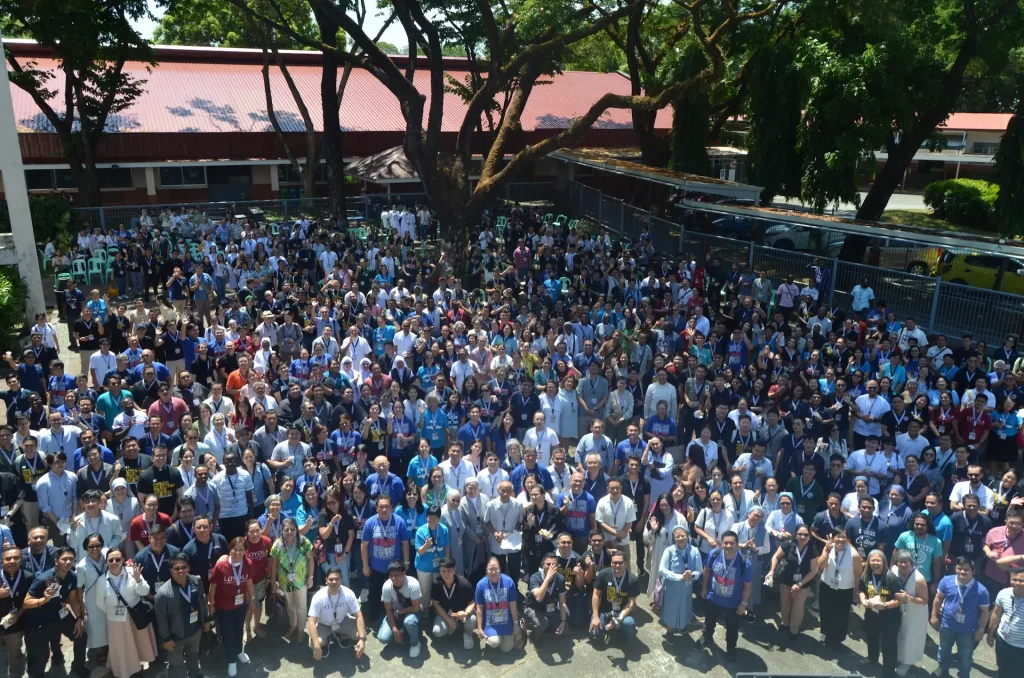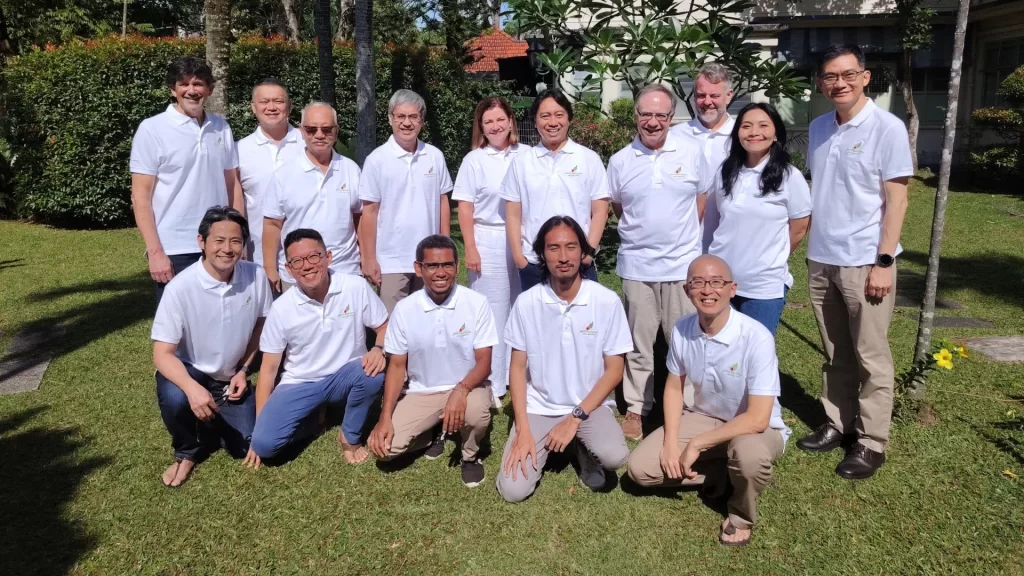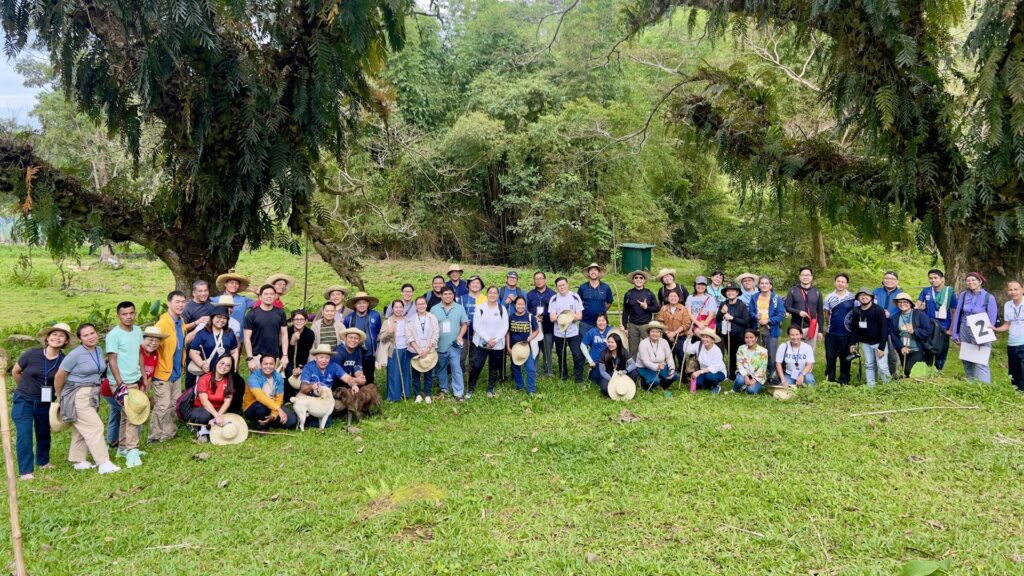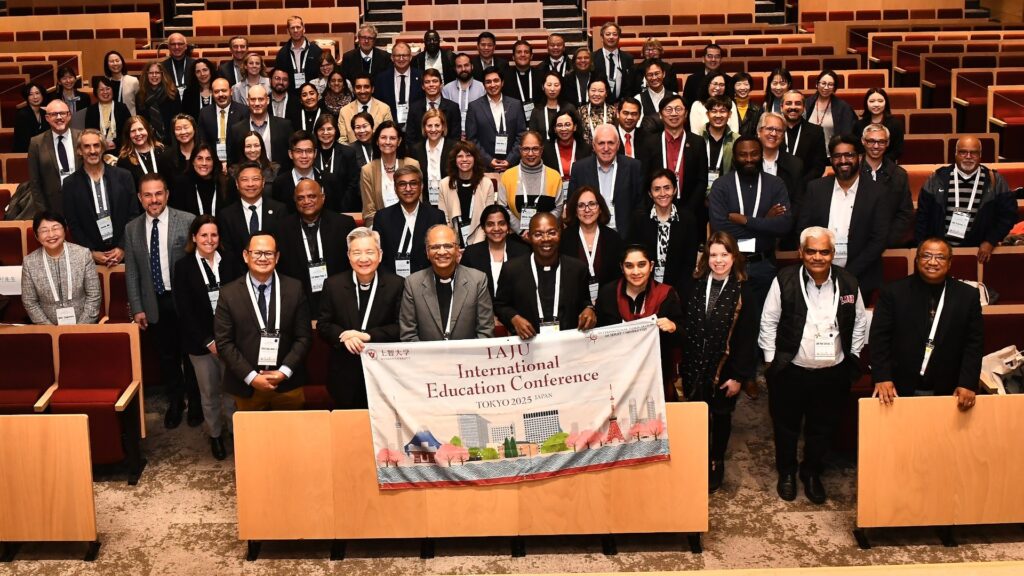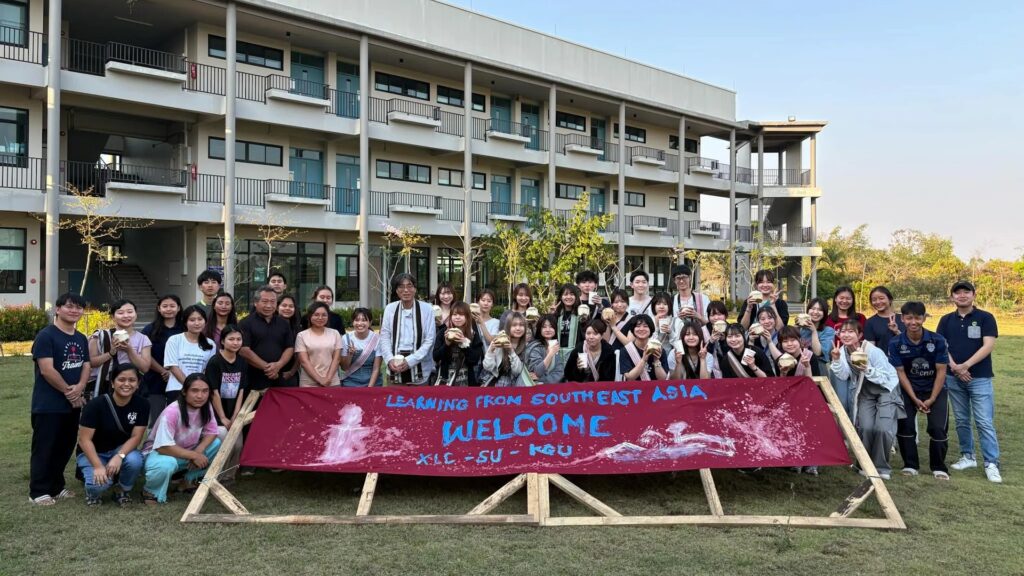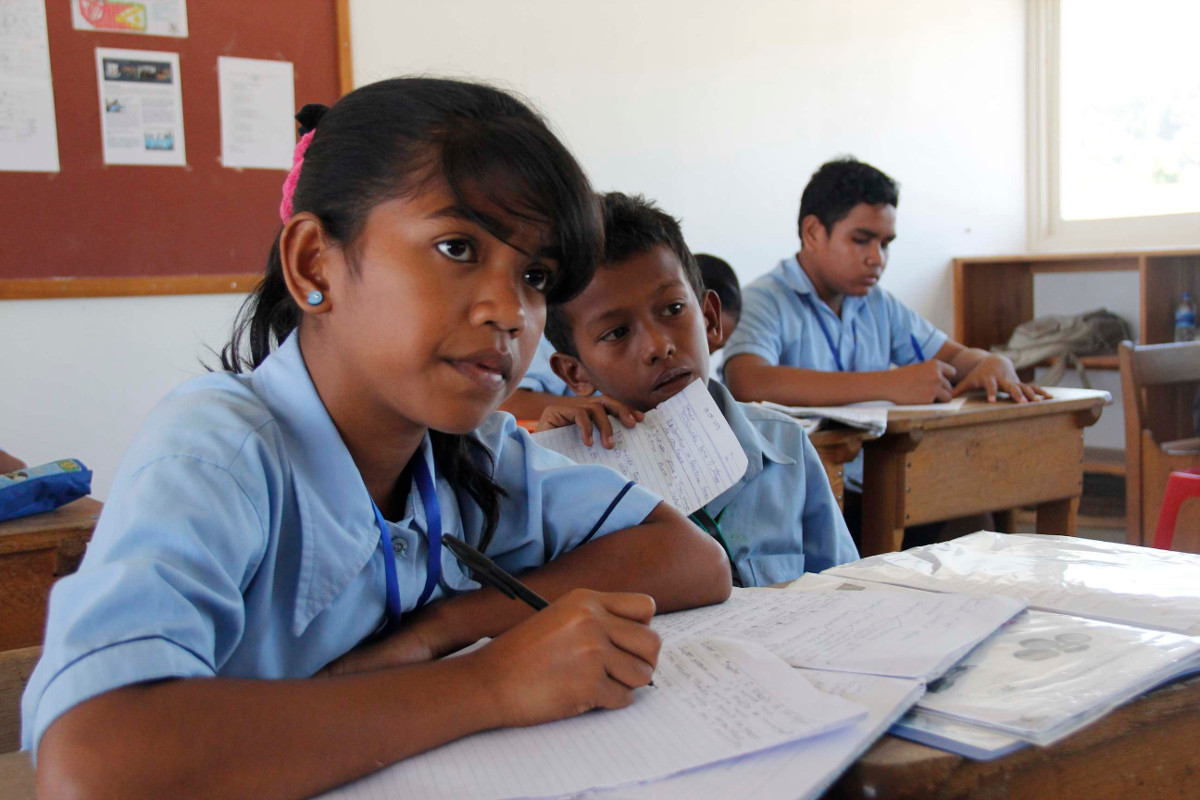
The recent Education Secretaries meeting in Macau drew representatives from Hong Kong, the Philippines, Cambodia, Japan, Indonesia, Timor-Leste and Australia. It was chaired by Fr Christopher Gleeson SJ, JCAP’s Coordinator for Basic and Secondary Education. Also in attendance was JCAP Socius and experienced educator, Fr Eric Velandria SJ.
There were several substantial updates this year, not least of which is that the two new schools in Timor-Leste and Cambodia are making good progress, as a result of many years of careful planning and strong support in the Conference.
According to Fr Roberto Boholst SJ, Colégio de Santo Inácio de Loiola, the new school in Timor-Leste, now has six buildings with four classrooms each, and it can now take 105 students instead of 90 in each of the three year levels. Preparations are also moving along for Instituto São João de Brito, the teacher training institute that is adjacent to the school and the other component of the Jesuit education project in Timor-Leste. Construction will soon begin on the teacher training institute but already it is planned that classes will begin next year using some of the Colégio de Santo Inácio de Loiola buildings.
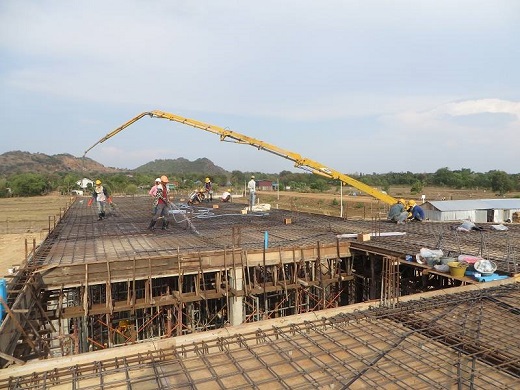
Fr Baskoro Poedjinoegroho SJ reported that in Indonesia, the province is nearing completion of its own “Ratio Studiorum” – a mammoth task of compiling in one volume a profile of Jesuit alumni, information on a curriculum based on the Ignatian Pedagogical Paradigm, policies and procedures for teacher formation, and principles and procedures for Jesuit school management.
A significant development in the Chinese Province is that next school year all its schools will have lay principals. Fr Stephen Chow SJ told the delegates that the lay principals are leaders who have been well prepared by Colloquium programs offered in recent years.
And the Jesuits in Japan have embarked on what Fr Gleeson describes as “an interesting path of governance”. Fr Sung Il Lee SJ shared that all their school boards are being subsumed under one board that will be responsible for tertiary, secondary and primary education.
Fr Tony Pabayo SJ updated the group on Ateneo de Manila’s efforts in meeting the challenge of the Philippine government’s decision to add two more years to secondary schooling. Ateneo is taking in 300 students in Year 11 in the next school year, introducing co-education at this senior level, and offering 100 scholarships and bursaries to students in government schools that cannot afford to provide another two years of education.
In his video message to the meeting, Fr Mark Raper SJ, JCAP President, had reflected on education as the ‘engine’ of the Conference, and offered the group three points to consider – taking time to plan carefully and reach consensus for new projects, the need to focus on the poor and those on the margins, and the indispensable value of collaboration across the whole region.
This dovetailed nicely with the discussion on a teaching Regency for scholastics. Regency is a period between studies in which Jesuit scholastics engage in full-time ministry for two to three years. The delegates agreed that a teaching Regency has so much to offer scholastics in the way of giving them skills in management, communication, collaboration, and personal structure in their lives. “We need to keep recommending the teaching Regency to our Major Superiors!” said Fr Gleeson.
Also discussed at the meeting were the next steps in supporting the Society’s new community platform ‘Educate Magis’, the surprisingly weak response within JCAP to the Global Ignatian Advocacy Network survey on advocacy for the universal right to quality education in 2012, the 4 Cs (conscience, competence, compassion, commitment, adding the 5th C ‘Christ’) final document from the International Seminar on Ignatian Pedagogy and Spirituality (SIPEI), the Conference’s upcoming Ignatian Student Leadership Programme, researching possibilities for Ignatian Staff Formation programmes at the East Asian Pastoral Institute, and Father General’s recent Letter on Child Protection.
This year’s Education Secretaries meeting was held in Macau from May 19 to 22. In addition to regular ‘SKYPE’ conversations throughout the year, the group will meet in Siem Reap at the same time next year.

